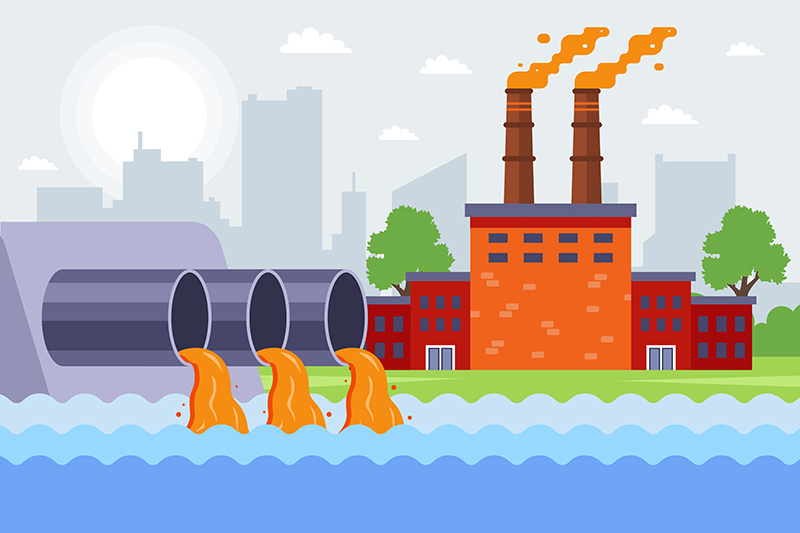Corrosion & Scale Inhibitors - Protecting Your Assets
Corrosion and Scale Inhibitors Essential Solutions for Industrial Applications
Corrosion is a natural process that leads to the deterioration of materials, especially metals, due to chemical reactions with their environment. This phenomenon poses significant challenges in various industries, including oil and gas, water treatment, and manufacturing. In parallel, scale formation occurs when the concentration of dissolved minerals exceeds their solubility, leading to deposits that can hinder operational efficiency. To combat these issues, corrosion and scale inhibitors play a vital role in extending the lifespan of equipment and reducing maintenance costs.
Corrosion and Scale Inhibitors Essential Solutions for Industrial Applications
Scale inhibitors, on the other hand, prevent the accumulation of corrosive scale deposits - mainly calcium carbonate, magnesium carbonate, and silica - by modifying the properties of the crystals that form. These inhibitors can be classified into two main categories threshold inhibitors and crystal modification agents. Threshold inhibitors, such as polyphosphates and polymeric agents, work by reducing the supersaturation of scale-forming ions in water. Crystal modification agents, such as phosphonates, alter the growth patterns of crystals, preventing them from attaching to surfaces and forming hard deposits.
corrosion & scale inhibitors

Implementing these inhibitors is crucial in industrial applications to ensure the reliable operation of machinery and systems. For instance, in cooling systems, where water circulates to remove heat, the presence of corrosion and scale can significantly decrease heat transfer efficiency, leading to overheating and potential system failure. By using appropriate inhibitors, industries can maintain high levels of heat exchange efficiency and prolong the life of their cooling equipment.
Moreover, in the oil and gas sector, the presence of corrosive environments due to the extraction and processing of hydrocarbons often leads to severe corrosion problems. Here, corrosion inhibitors are essential to protect pipelines, tanks, and valves from aggressive media. Additionally, scale formation in oil wells can obstruct flow and reduce production rates, making the use of scale inhibitors equally critical.
Regulatory and environmental considerations are increasingly influencing the choice of inhibitors. Many industries are moving towards greener alternatives that are less harmful to the environment while still providing effective protection against corrosion and scaling. Biodegradable and non-toxic inhibitors are gaining popularity as industries strive for sustainable practices.
In conclusion, corrosion and scale inhibitors are indispensable in various industrial applications, ensuring efficiency, safety, and sustainability. By choosing the right chemical formulations based on specific environmental conditions and material types, industries can effectively mitigate the risks associated with corrosion and scale, ultimately leading to enhanced operational performance and reduced maintenance costs. The ongoing research and development in this field will likely yield even more effective and environmentally friendly solutions in the future.
-
Water Treatment with Flocculant Water TreatmentNewsJun.12,2025
-
Polymaleic AnhydrideNewsJun.12,2025
-
Polyaspartic AcidNewsJun.12,2025
-
Enhance Industrial Processes with IsothiazolinonesNewsJun.12,2025
-
Enhance Industrial Processes with PBTCA SolutionsNewsJun.12,2025
-
Dodecyldimethylbenzylammonium Chloride SolutionsNewsJun.12,2025





